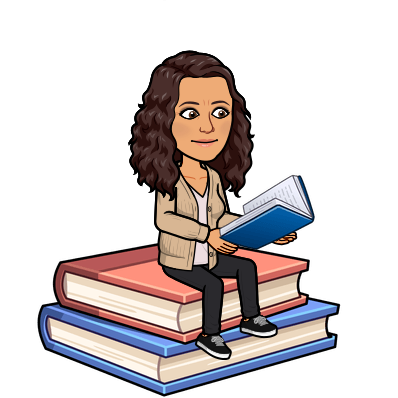Language Arts

READING
“You can find magic wherever you look. Sit back and relax, all you need is a book.” -Dr. Seuss
During reading workshop, students will be engaged in reading independently, in small groups, and with partners. In fourth grade, we will explore four main units in addition to several other smaller units. Below are the units and the reading skills that are focused on in each.
‘Interpreting Characters’: reading intensely, finding the right books, retelling and synthesizing, envisioning, using story arcs to notice details about characters,
‘Reading the Weather, Reading the World’: learning from nonfiction, understanding text structures, monitoring for sense, tackling tricky vocabulary, note-taking, summa
‘Reading History: The American Revolution’: previewing texts, organizing information and notes, researching, studying text structures, note-taking on what’s important, synthesizing across texts, analyzing sources, recognizing different perspectives, finding evidence to support a claim.
‘Historical Fiction Clubs’: reading analytically, monitoring for sense, having thoughtful group conversations, determining themes, paying attention to tone and mood.
Other Units: Biographies, Author Studies, & Poetry
“Everyone is a reader… Some just haven’t found their favorite book yet.” - Anonymous
Writing
Major units of study and the writing skills that are practiced within each:
‘The Arc of Story: Writing Realistic Fiction’: using notebooks to plan possible stories, developing believable characters, giving characters struggles and motivations, plotting with a story arc, planning and writing scenes, writing leads, developing the heart of the story, making revisions, writing powerful endings.
‘Boxes and Bullets: Personal and Persuasive Essays’: generating ideas, using elaboration, framing essays, composing mini-stories, organizing for drafting, revising evidence, paragraphing, using transitions, writing introductions and conclusions.
‘Bringing History to Life: Informational Writing’: organizing notes, planning the structure of writing, researching, elaboration, transitions, note-taking, including text features, growing ideas.
‘The Literary Essay: Writing about Fiction’: studying characters, revising initial theories, elaborating on written ideas, testing a thesis, using precise words, citing textual evidence, writing beginnings and endings.
Other Units: Information Writing, Journalism, & Poetry